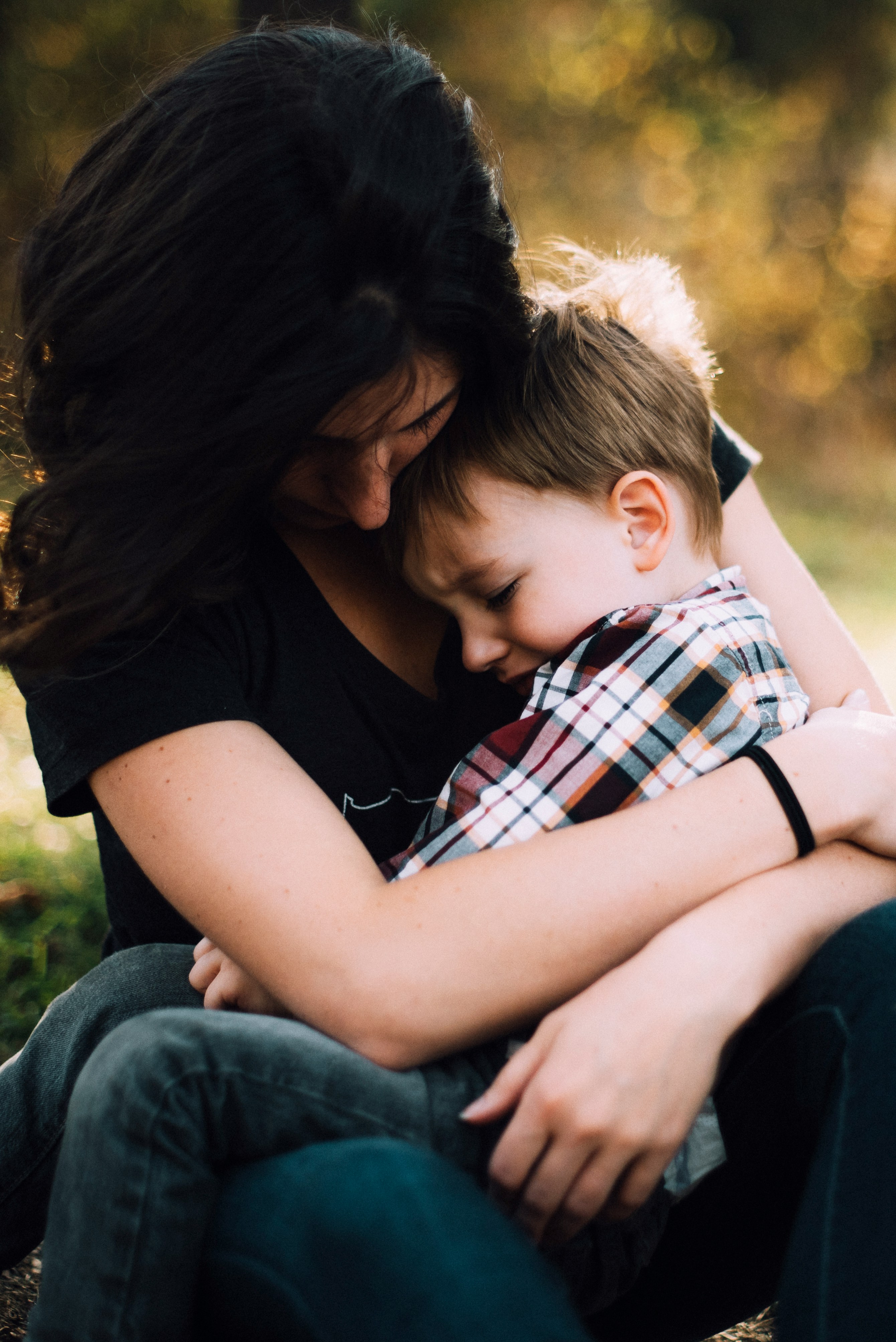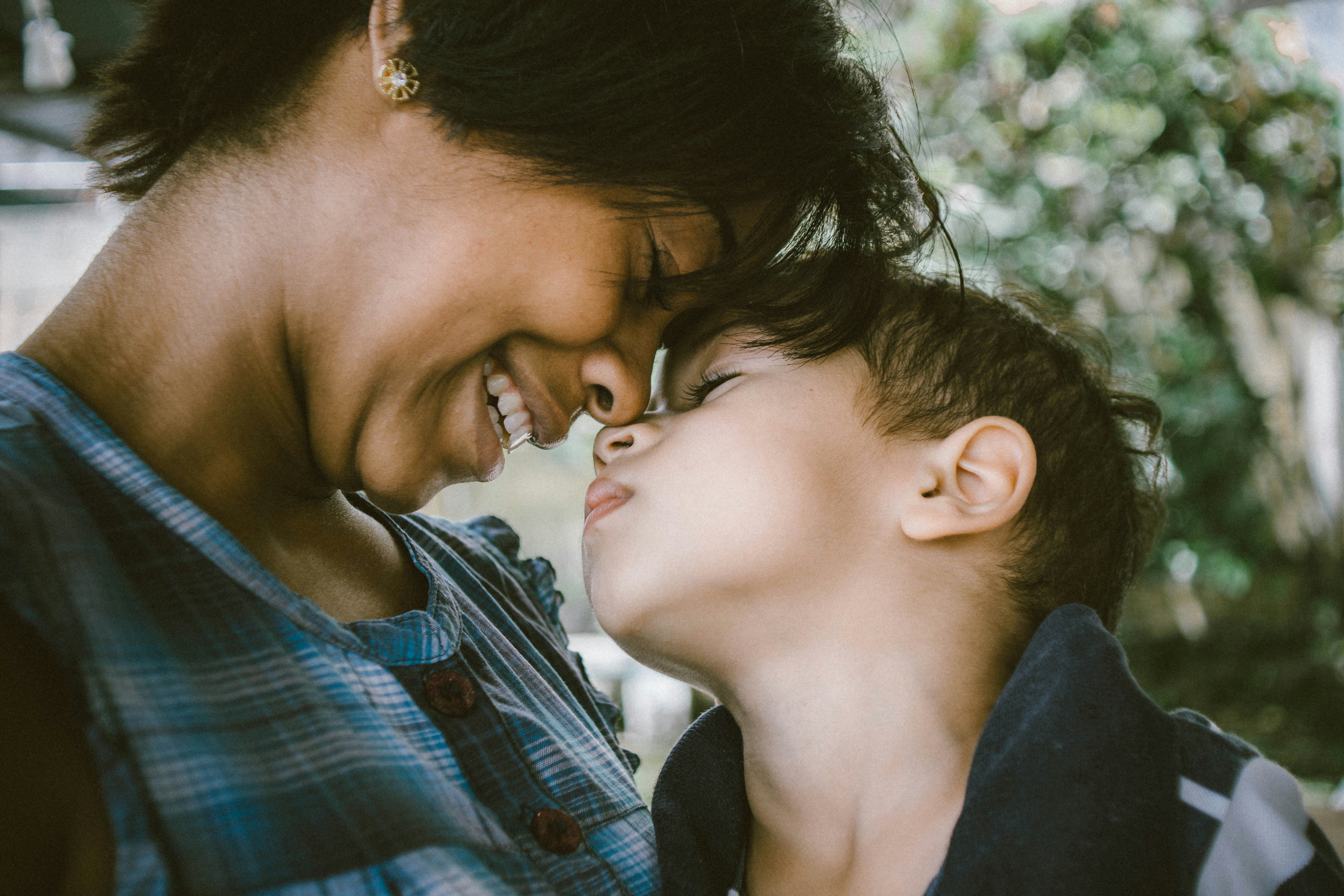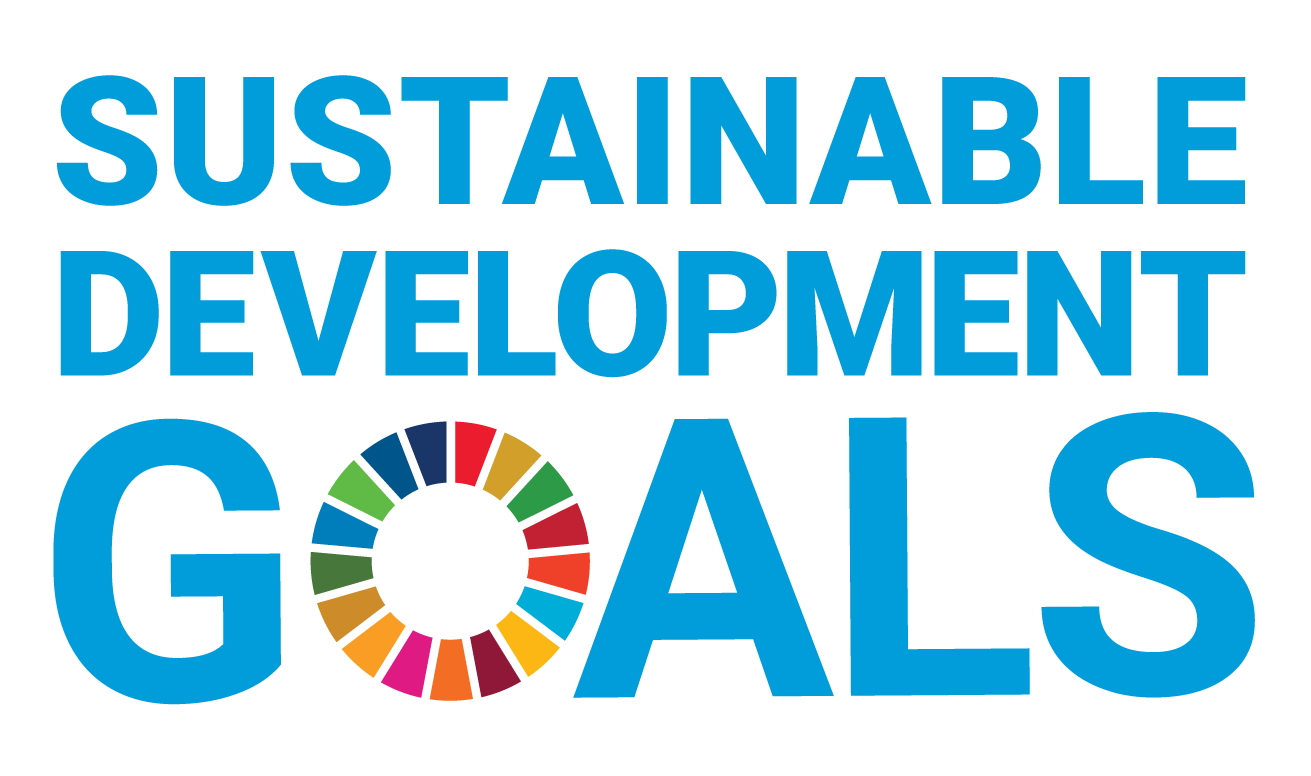You can search for courses, events, people, and anything else.
Children raised in stressful or unsupportive family environments are more likely to develop emotional and behavioural problems, but with improvements to parenting practices, children’s wellbeing and skills can improve too.
Australia is home to some of the world’s best evidence-based parenting supports, in the form of information and programmes which are empirically shown to improve parenting and child outcomes. However, Dr Frances Doyle, a clinical child psychologist at Western Sydney University, is finding that these are often not accessible to those who would most benefit from them.
In a 2022 paper published in the journal Child Psychiatry & Human Development, Doyle and her coworkers highlighted the policy imperative for improved access to evidence-based parenting resources.
This kind of parenting support, provided by universities, not-for-profit organisations, and private companies, ranges from in-person interventions to websites offering advice. Research indicates use of such supports by parents and caregivers can result in mental health benefits and changed behaviours for children, as well as enhancing their social, emotional, and academic skills.
Parents can also benefit from improved wellbeing and mental health, setting more realistic, age-appropriate expectations for their kids and for themselves. Furthermore, parenting supports help to prevent child maltreatment and family violence.
Despite this, only 35% of Australian parents needing help for their children’s emotional and behavioural problems said that their needs had been fully met.
“What stands out is the mismatch between the potential benefits of parenting supports and what is currently being done to support these resources,” says Professor Daryl Higgins, an expert on preventing child abuse and neglect at the Australian Catholic University in Melbourne. “At this stage, we don’t have a national strategy or a government department responsible for parenting support. Different departments are working in silos, so parenting support falls through the cracks.”
The limited government funding, and limited eligibility for receiving parenting support has resulted in stigma around receiving support. And, often only those parents with considerable child behaviour problems get access. “But the same parenting resources could also help caregivers with more common challenges, such as setting limits for their children, or difficulties getting them to bed at night,” says Doyle.
Change is on the horizon. In 2022, the federal government invested $40 million in funding to provide the Triple P — ‘Positive Parenting Program’ — a world-leading online resource, that is free to all families across Australia during the funding period. “Recent changes to funding have come about following Australia’s first National Children’s Mental Health Strategy,” says Doyle. “It’s a clear signal for us to embrace the use of evidence-based parenting supports for all families.”
Meet the Academic | Dr Frances Doyle
Dr Fran Doyle is a researcher and clinical psychologist. Her career is dedicated to improving mental health and wellbeing for families. Her current research aims to understand the developmental pathways to wellbeing and mental health problems in young people. She also investigates the important role that parents and children play in each other’s lives. Dr Doyle is on the Board of Directors for the Parenting and Family Research Alliance, which is a national alliance of researchers who aim to advance the science, policy, and practice of evidence-based parenting support. She is a chief investigator on Australia's first national clinical trials network for youth mental health, entitled Growing Minds Australia. Dr Doyle is the Chair of the Early- to Mid-Career Researchers Network for Growing Minds Australia.
Credit
Future-Makers is published for Western Sydney University by Nature Research Custom Media, part of Springer Nature.
© ljubaphoto/E+/Getty
© jwwhitt/Unsplash
© bruno_nascimento/Unsplash






